
Recommendation
How does a guy who sells billboards create a media empire? In 2001, author Ken Auletta won a National Magazine Award for his profile of media mogul Ted Turner in The New Yorker. In this book, he expands this profile, giving colorful detail about the remarkable life of the colorful, outspoken and complicated business cowboy. Auletta shows that Turner is shocking, abrasive and driven, but he rarely goes more deeply into Turner’s motivations than to explain his rebellion against his father. The book might have been titled The Rise and Fall of the Turner Empire. It chronicles Turner’s revolutionary, meteoric creation of a cable empire, including the nation’s first cable superstation, and the founding of CNN. It follows Turner as Time Inc., gobbles up his thriving company. Auletta takes a hard look at the personalities that engineered the formation of AOL Time Warner, then the world’s biggest media company. Unfortunately, at this point, Auletta becomes preoccupied with the dealmakers and - like AOL TW - places Turner on the back burner. This is just a detour, however, from his compelling portrayal of a corporate superstar who ran his business from his gut. getAbstract.com recommends this fascinating read.
Summary
About the Author
Ken Auletta has been writing a column about the communications business for The New Yorker since 1992. He wrote four best-selling books, served as a political commentator for WNBC and WCBS in New York, and produced a documentary on Rupert Murdoch. Auletta won a National Magazine Award for his 2001 profile of Ted Turner.










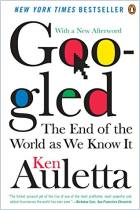

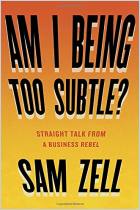
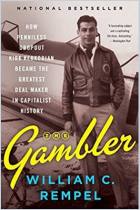
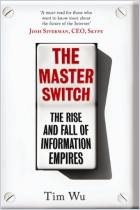
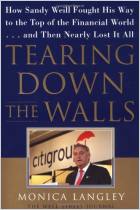
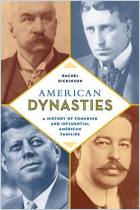





Comment on this summary or Diskussion beginnen